SPB, a voice with the world. A Telugu perspective
Every summer, owing to the unbearable heat and suffocation of the sometimes-much-despicable Hyderabad, my family spends nights on the terrace of our building. Listening to music and chatting over it till midnight, we descend to sleep. One such night, talking about the diminished moon, I said “chandamama”. Enraged by my mispronunciation, my father said: “You need to soften your ‘cha’ Revanth. Your generation can’t speak Telugu. Have you noticed how SP Balasubrahmanyam says the letter? That’s how you say it.” And that is where it begins, the tie with Balu for a Telugu; how to utter each syllable in the language.
My journey with SP Balasubrahmanyam may have begun even before I had learned that a song in a film had a playback singer. To claim that nearly every song I heard at the turn of the millennium, in Television Broadcasts, Advertisements, and radio programmes, day in and day out, was his would not be an outright exaggeration. At the age of six, the age when I began listening to music intently, showing stimulus to melody, and paying attention to lyrics, feeling was what flowed in “Madhumasa Velalo” (1977). It talked of a flower’s stalk and a singing cuckoo, in short, all that were beautiful in life’s experiences; but little had I realised that they had been made beautiful by SPB’s spell. His notes were elements of that “marumalle thota” (the jasmine garden) and from them emerged the ‘Madhumasa Vela’ of the title; the mellow grumble in “Udayinche Bhanubimbam” was what painted the rising gentle yellow sun alluded to in the line, and the subtle sigh nestled in the phrase “Vikasinchaledu Kamalam” lamented the lotus that had not bloomed.
From then to now, as I grew, SPB’s songs and voice grew on to me and with me. The cliché goes that art belongs to its audience – how very true for Balu. He is an immensely experiential singer so much so that it is virtually impossible to separate the audiences’ own experiences from the song of SPB. They feel themselves in him, but what does he feel when he sings? We will never know. Of the 40000 songs that he sang, it appeared like there was something for every occasion. Not a wedding goes by without Pelli Pustakam’s Srirasthu Shubhamastu and since the passing of AP’s former CM, Rajasekhara Reddy (whose death was perhaps the first one that I remember indelibly), his Aa Naluguru theme has become a staple for such an event (alongside the Bhagavad Gita rendition of SPB’s predecessor, Ghantasala). My ringtone is Pantulamma’s Sirimalle Neeve and my caller tune, Ilayaraja’s Mounamelanoyi. Wherever I look, there is SPB.
SPB’s own story is very unusual for the tales that we gather of singers in Indian cinema, especially in the South Indian “industries”. He recollects nearly in every occasion that he was not a trained singer. He of course grew up with the rustic tunes that his father sang as a Harikatha exponent, during practice sessions. He was, beyond that, a professional and committed listener and an organic singer. Although his dream was to become an engineer, music – especially songs of Mohammed Rafi – was something that would chase him wherever he went, and occasionally something he followed as well by way of singing competitions in Nellore, that he cycled to and often won. He met his childhood superstar and idol, S Janaki in one such competition where apparently, songs from cinema had to be avoided and he hence had to write one on his own and design a tune. Although he did not win this competition, Janaki, he recollects earmarked him and suggested him to sing for films. A competition like that also led him to his first composer, SP Kodandapani. Apparently he was too young for his first break to happen just then; but graciously the composer promised to offer him an opportunity when he finds one. In 1966, he recorded his first song in the film Sri Sri Sri Maryada Ramanna, starring the comedian Padmanabham. This song “Emiyee Vintha Mohamo” stands spectacular to this day for it features four stars of the day and three male voices, the debutante SP Balasubrahmanyam for Sobhan Babu, and Eelapata Raghuramayya and PB Srinivas.
Over the next couple of years SPB plunged into the industry, became the voice of the young dashing hero, the man with the charming looks, and the underdog. A song SPB often recollected as the story of his own family was the cozy composition “Medante Meda kaadu, Goodante Goodu kadu, padilanga allukunna podarillu maadi”, that he sang for the still-novice Chandramohan, also scored by Kodandapani. Or consider Chalam, who had no other voice but SPB. “Mama Chandamama Vinarava Na Katha.” The song, however, that best characterises this phase of SPB’s melodies ought to be “E divilo virisina parijathamo” from Kanne Vayasu (1973). To this day it is the theme for the youth who has not gathered the courage to reveal his love for a girl, and to whom the woman he loves is the repository of all the charms of the world. When we heard SPB diving deep in the notes of the song, we could feel the passion of the protagonist for whom indeed the woman was “nidura mabbulanu merupu teegavai kalalu repinadi” (Who, like a streak of lightning warded off clouds of stupor) and “bratuku veenapai pranayaragamunu alapinchinadi” (who sang the melody of intimacy to the Veena that is life). What made and makes this song truly special and begs one to believe that it was sung for them was the immersion that was rare to come; just as the writer kicks the protagonist deep into the whirlpool of feeling, so is SPB in the whirlpool of song.
SP Balasubrahmanyam could not be, for too long, a singer of melodies only, with the voice of a husky adolescent. That would not make him the ‘top’ singer. For that he would have to emote for the mammoths of the field, NT Ramarao and Nageswara Rao. And he did; then – he invented an idiom of his own, that of mimicry. This was arguably the riskiest experiment and the most genius stroke of SPB. For two decades entirely, Ghantasala’s sonorous tone had been identified with the two stars and no other voice would be convincing. Until – SPB imbibed coy when he sang for ANR and the rumble when he sang for NTR. Viola! It was like the memes of today that go “I can hear this picture”, only it was the inverse: When you heard the uncomfortable squeaks at the end of each line in “Erakka poyi vachanu irukku poyanu”, you could see ANR hop away from a gang of women in Aalu Magalu (1977). Or better, the puffs in “Olammi Tikkareginda” conjured the awkward image of NTR spanking Jayaprada and pulling her orange saree in Yamagola (1977). And SPB’s rendition of the line “Muchataina Teerchaveme” is not all that different from NTR’s harassment of Jayasudha atop a moving lorry in Driver Ramudu (1979) to that very line.
As if Balu had not refashioned himself enough already, a challenge at the end of the 70’s decade would establish him as a versatile soul. 1979 was the year of Vetagadu, with its NTR-Sridevi rain song ‘Aaku chatu pinde tadise” and the raunchy item number, “puttintollu tarimesaru” (both of which were sung by SPB of course) but also that of the film that would ‘change everything’ for Telugu filmdom, the much-remembered and celebrated movie Sankarabharanam (1979). K Viswanath, till this point known largely for his families dramas with a quizzical twist, sculpted this classic that dealt with the relationship between an orthodox Carnatic proponent, who was past his heyday, and a prostitute who struggled to break free from her roots. It is fabled, that for this film, SPB, who was apprehended about his skillset, underwent training in traditional music system and its notation under Puhalendi, assistant to KV Mahadevan, the composer for this film, before singing finally. It is not hard to imagine how the SPB of “aaku chatu pinde tadise” must have been received when the film opens with “Omkara nadanusandhanamau ganame Shankarabharanamu”. The song “Shankara Nadashareerapara” has nearly come to be embraced as a composition that is worth singing even by ‘classical’ artists. The film in many ways changed the value of cinema in South India and in the process, the fate of SPB. Insofar as SPB getting promoted from the fictional Sankara Satry to the historical Tyagayya in 1981 and finally, Annamayya in 1997.
The decade of the Eighties saw a substantial proliferation of films and music that dealt with the themes of the arts (it was also the decade that saw in Telugu, in a big way, Ilaiyaraja). Years that followed saw a healthy and lush interlacing of several schools and genres of music. In Sankarabharanam itself, Samajavaragama (of Hindolam) was used to craft a romance between Chandramohan and Rajyalakshmi. The film Rudraveena (1988) is captured in the song Taralirada Tane Vasantham; Chiru’s character reveals on its own that is based on Hamsadhwani (‘Himsadhwani’ as Bilahari Ganapathy Sastry played by Gemini Ganesan calls it). Or the compositions in Jandhyala’s Anandabhairavi. In Seetaramayya gari manavaralu (1991), a now septuagenarian-ANR uses Sadhinchene Manasa as a vehicle to express his plight. And – in every one of these experiments, Sripathi Panditaradhyula Balasubrahmanyam was an instrument, the voice, and undoubtedly because of the centrality of the theme of art, the very soul.
It is worth directing our attention for a while towards SPB as a composer as well. Dasari Narayana Rao, who is remembered to have always been at the front of reform, was the first to give a break to SPB as a composer, with the film Kanyakumari (1977). Although SPB has scored for around a score films, he must be remembered for a handful of them. Foremost of course is Singeetam Srinivasa Rao’s Mayuri based on the life of differently-abled Bharatanatyam performer, Sudha Chandra, starring also her. Rao tells us that the reason Balasubrahmanyam was chosen for this film was because he was on the lookout for a voice actor, a singer that is, to design the score of a film. A greater entertainer and perhaps a more popular work was Jandhyala’s Padamati Sandhyaragam (1987), a love story between a White American and an emigrated Telugu woman. A song in this film, for which SPB is so instrumental to have suggested its very name, “Ee thoorpu aa paschimam” to this day is a nostalgic favourite of Telugu-speaking NRIs. Also worth mention is Kallu (1988), a film whose most-remembered song was sung not by SPB, its composer but Seetaramasastry, its lyricist.
Also, SPB as an actor! His best work perhaps is Pakkinti Ammayi starring Chandramohan and Jayasudha. Based on the Hindi blockbuster Padosan, SPB in this essays the analogous role of Kishore Kumar (the singer connection is glaring). Many years later, his other famous character was that of Venkatesh’s father in Pavitra Bandham. It must be added that, he has truly been honoured in a far greater capacity in ‘Kollywood’ whose best films we watched when they were dubbed: Gunaa, Premikudu, Bhamane Satyabhamane, Donga Donga, and Merupu Kalalu. In the new millennium, he had a chubby and responsible role as Kubera in Mohanakrishna Indraganti’s Mayabazar and finally, his magum opus as an actor was certainly the tribute that his friend, Tanikella Bharani paid to him by way of Mithunam. What a name it is! A pair of lovers for an old couple. But to us audience, who had seen him on stage singing, or in functions giggling with S Janaki or P Susheela and most brilliantly, as a host of Padutha Teeyaga, the SPB in Mithunam was not all that different from the playful Balu, or Baludu (child) as many film personalities call him with affection.
I think it is fit for me to return to that terrace and song in the beginning. It was probably an SPB song. And perhaps one on the moon! Maybe “Jamurathiri Jabilamma” from Kshanakshanam (1991).
Aamani paadave hayiga, mugavaipoku ee vela
Veturi Sundararamamurthy, Geethanjali (1989)
Raleti poola ragalatho, puseti poola gandhalatho
Manchu taaki koyila, mounam aina velala
***
O spring, sing with glee; become not, quiet in this moment
With the melodies of the sprinkling flowers, with the scent of blooming buds
This day, on the touch of the snow, that the cuckoo has turned to silence
Featured Image Credits: Dear Movie


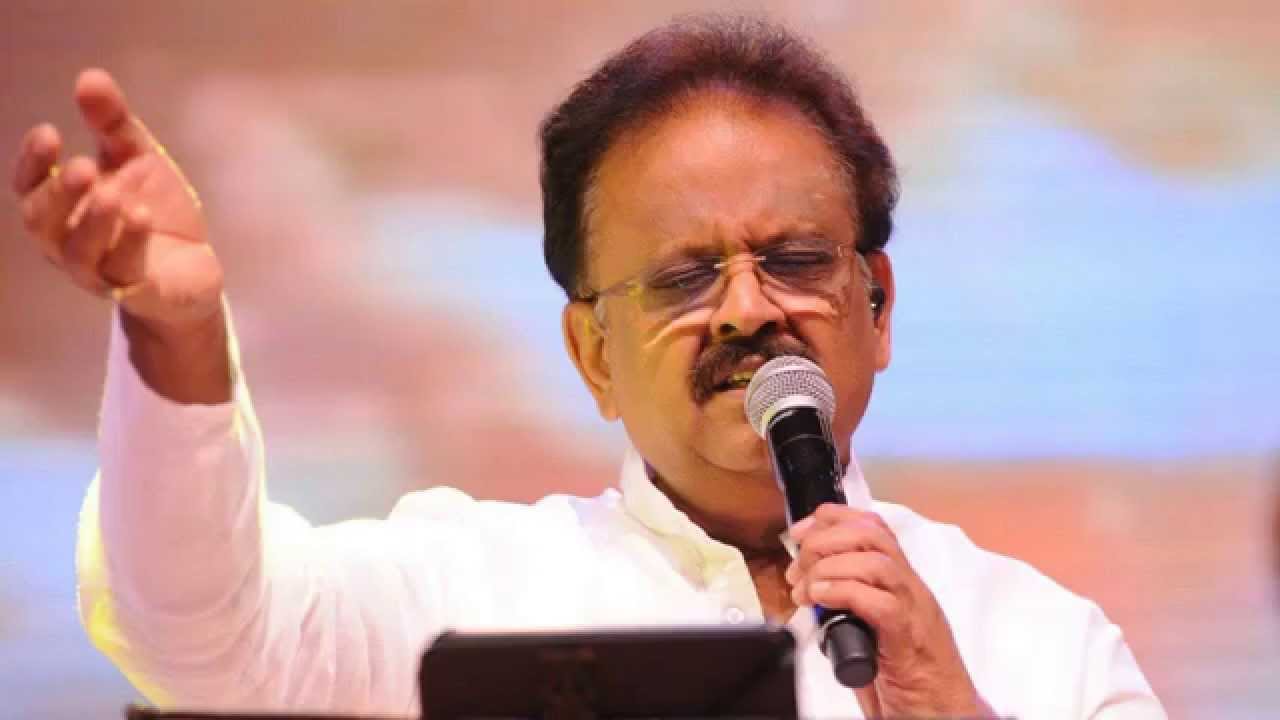
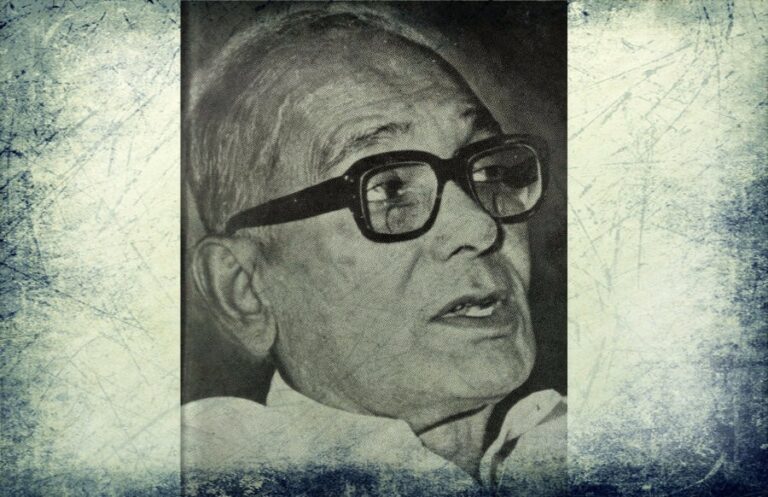
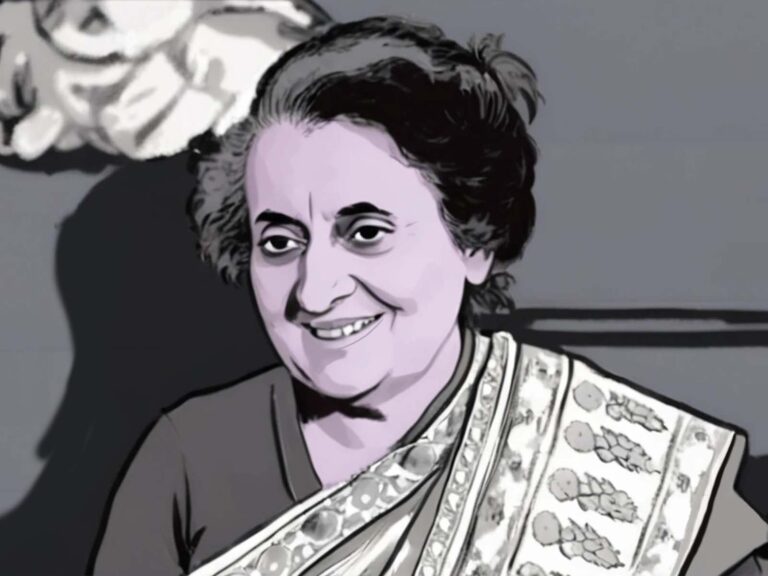
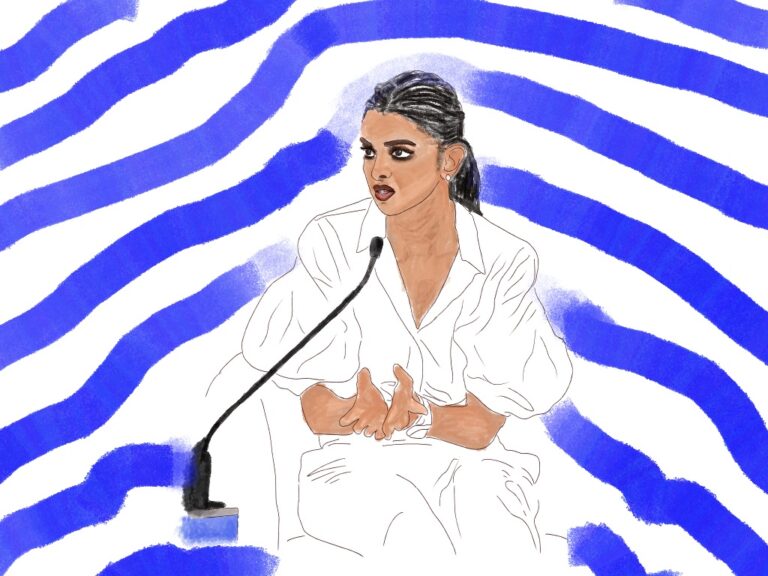
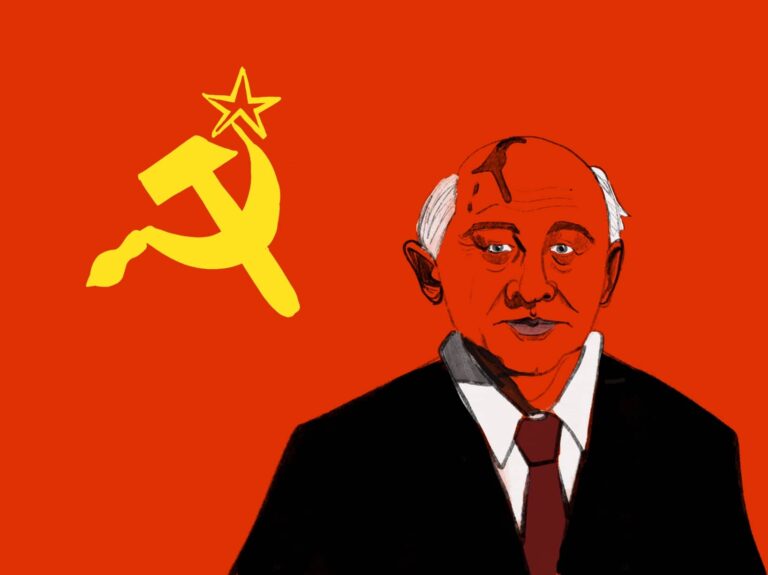
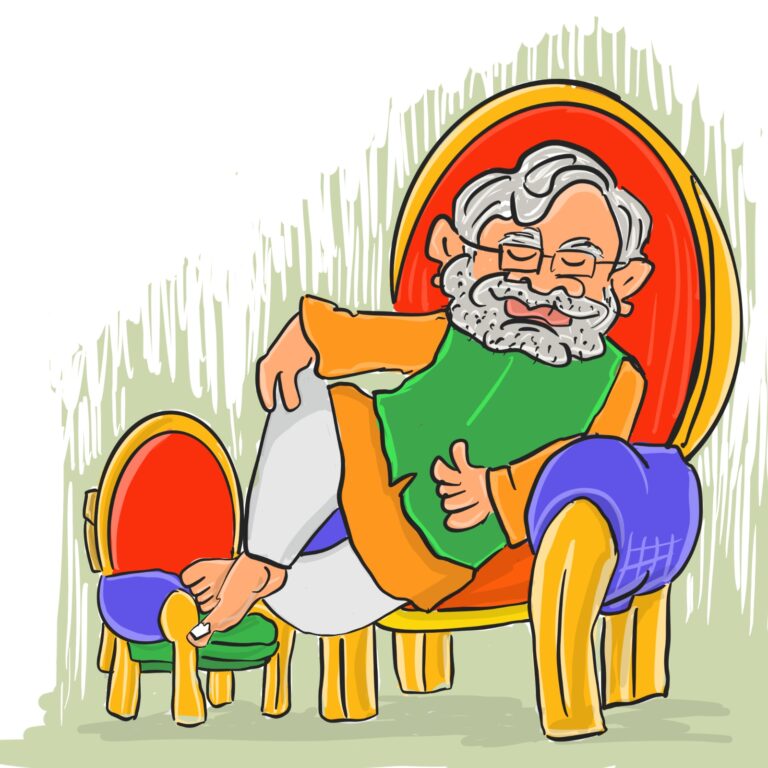
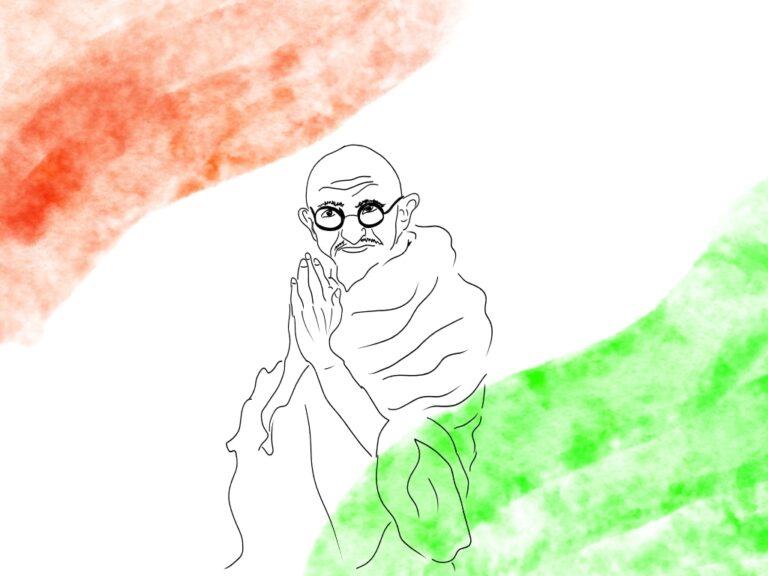
Very nice. I am also a fan of SPB garu. We lost a great legend.
Nice. He is building his talent in a multi facial way.
Very nicely presented article covering a great part of SPB with sincere thoughts that matches with most of the readers(if not all).
Very nice article. Wishing you all the best✌️
I am proud to say that He was my student.